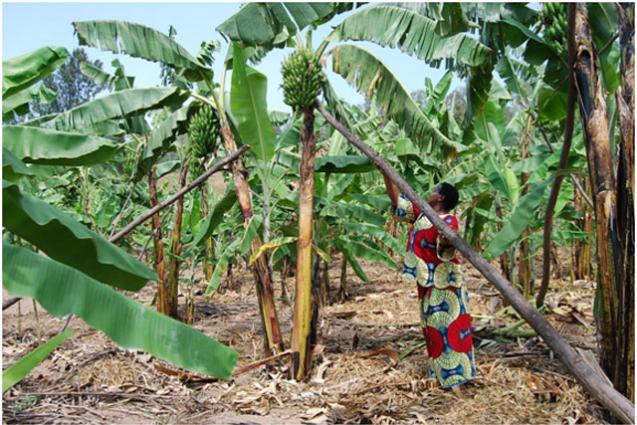Atleast nine regional Agricultural organizations from Burundi, Ethiopia, Kenya, Rwanda, Somalia, South Sudan, Djibouti and Uganda are meeting in Kampala to deliberate on sustainable and environmentally friendly ways of controlling pests and diseases.
Over the years, the region has faced several invasions of pests of plants such as the desert locusts, the army worm, maize bores and sundry. The invasions have since led to poor yields and hence leading to food insecurity.
The outbreaks from endemic pests and invasion by trans boundary pests compel farmers to procure and use inorganic pesticides. Importation and use of pesticides for crop pest and disease management are on an upward trend. This is driven by the progressive transition from subsistence to commercial agriculture.
Speaking during sub-regional consultative meeting on biological control and biological for pest management in Eastern Africa, Charles Owach, and Assistant FAO Representative said Pests and diseases in crops, whose incidence and severity is compounded by climate change, presents severe limitations to food availability, better nutrition and livelihoods for many farming households in Uganda.
He said while synthetic chemical pesticides have a role in agriculture; their use must be rationally based on a sound scientific basis. Otherwise, unlike biological control and bio pesticides, they can be costly and harmful to the environment and other life forms, including humans.
“Embracing ecological approaches to pest management is crucial to enhancing food security and nutrition and safeguarding environmental and human health. Biological control and bio pesticides can effectively manage plant pests and contribute positively to agricultural production and productivity in Uganda,” he said.
Additionally, he said Biological control and biological in pest management should concern not only actors in the agriculture sector but also those in the environment and health, among others. At national and sub-national levels, relevant actors in public and private sectors need to be mapped, updated and engaged in promoting the uptake of biological control and biological in pest management.
They deliberated that considerable efforts are needed to research and promote biological control and bio-rational. Concerted investment in research on biological control and bio pesticides is required. Investment is needed to build extension service providers’ capacity and increase public awareness.
Byantwale Stephen, the acting director crop resources at the ministry of agriculture said pests and diseases have continued to impact negatively on trade in plants and plant products including interceptions due to presence of harmful organisms in the commodities. This is further exacerbated by exceedance of pesticide Maximum Residue limits on fruits and vegetables both in the domestic and external markets.
In a bid to address challenges in the agricultural sector, he revealed that the government has adopted measures including Integrated Pest Management (IPM) with some success. Experiences have been drawn from use of Beetles to control water hyacinth, control of Maize Stalk Borers and recently Biological control of the mango mealybug.
Regional agricultural bodies deliberate on sustainable ways of mitigating pests and diseases








